The meteoric rise of cryptocurrencies such as Bitcoin and Ethereum has engulfed the financial industry. Regardless of the future of bitcoin and its peers. The underlying technology, blockchain, is unquestionably going to thrive and will undoubtedly make inroads into any field. Although the blockchain revolution began in the banking and finance industries, blockchain applications are set to disrupt other sectors such as healthcare, energy, retail, governance, supply chain, agriculture, and many more.
What is blockchain technology, and what makes it unique?
Blockchain technology is a distributed ledger that enables all members to record transactions in a decentralized data log stored on a network of computers rather than a physical ledger or a single database. Consensus must be reached on all transactions, and everything is encrypted using cryptography.
In simpler terms, consider blockchain to be similar to Google Sheets versus an excel sheet sent via email. Both Google Sheets members have real-time access to the data being entered and can independently record/track each entry’s changes. Blockchain adds another layer to this recordkeeping concept; once an entry is created, it is permanently registered and cannot be changed or deleted by any member.
What distinguishes blockchain from other technologies is that the data stored on its networks is transparent and unalterable. Data is contained in the network as a whole; it is also public, and once stored, data cannot be corrupted by modifying any other information on the blockchain.

Agriculture and Blockchain
One of the most plausible blockchain technology applications is in agriculture, which faces numerous difficulties, or opportunities depending on the context. With growing customer awareness of food safety, blockchain applications can be critical in resolving numerous agriculture-related issues.
The following examples are blockchain benefits for farmers regardless of production scale:
Food protection: Where does my food come from?
Consumers have become highly educated and demanding due to misinformation. Food fraud is expected to cost the global food industry between $30 and $40 billion each year. Food allergies and food-related illnesses are far more prevalent today than they were 25 years ago, and consumers are starting to demand traceability about the food they eat.
If this trend continues to grow, large food chains will be forced to adopt blockchain technology to ensure food transparency, traceability, and quality. Indeed, blockchain will become a competitive advantage for brands operating in the highly competitive FMCG market.
Farmers that begin exploring blockchain implementation to their operation will be ahead regarding the food safety trend and will gain significant market share for being prepared while competitors are not. The sooner, the better.
Agriculture Inputs: Are the inputs genuine?
Farmers frequently have no idea if the inputs they purchase are genuine. Local retailers are marketing counterfeit goods to farmers to boost their profit margins. At times, even retailers are unsure of the authenticity of the items supplied to them. Large agricultural input manufacturers often lose millions of dollars to theft or duplication, which harms their brand image.
This issue will be resolved with blockchain technology, which will increase the traceability of each product sold, from manufacturer to end consumer. Retailers and farmers can check the blockchain barcode on each product with their smartphone to learn about the product’s authenticity and origin.
Land title registration: Is the land I’m purchasing or leasing free of litigation?
Land registration for the selling and purchase of land is a lengthy procedure that is prone to fraud. Since the data recorded on the blockchain is publicly accessible, it will improve the efficiency and accessibility of all land recording types.
Andhra Pradesh, a state in India’s south-eastern coastal region, is a pioneer in this space, collaborating with Swedish startup ChromaWay to develop a blockchain-based solution for land registration recordkeeping. Such initiatives will result in significant cost savings for the government, as recordkeeping is a labor-intensive and expensive operation.
Contracting for land leasing can be made more accessible by smart contracting between corporate farming firms and farmers. Ethereum and Cardano, for example, are open-source blockchain projects that were created for the express purpose of enabling smart contracts.
Subsidy distribution: Does the profit reach the farmer?
Throughout the world, the agricultural sector is heavily reliant on government subsidies. For instance, India’s 2019-20 budget allocated $9,9 billion for farmers’ agriculture-related subsidies. How much of this amount eventually reaches the farmers is a constant source of contention.
However, by using blockchain technology, the distribution and delivery of subsidies will become more transparent, resulting in more focused disbursement of subsidies and plugging holes in the current framework. Even though establishing this network would be highly complicated due to numerous stakeholders’ involvement, it is no longer impossible.
The implementation of blockchain technology is in its infancy, and as with any emerging technology, blockchain can encounter some roadblocks, most notably with government regulators worldwide. As blockchain applications’ true purpose is to remove power from the wealthy by decentralizing knowledge and distributing it to the people, symbolizing democracy is in its purest form.
Nonetheless, as with any revolution, once people recognize the value that the technology adds to their everyday lives, they will rally behind it, and blockchain applications will become commonplace in the coming years in the majority of industries, including agriculture.
This article is also published on LinkedIn and medium.
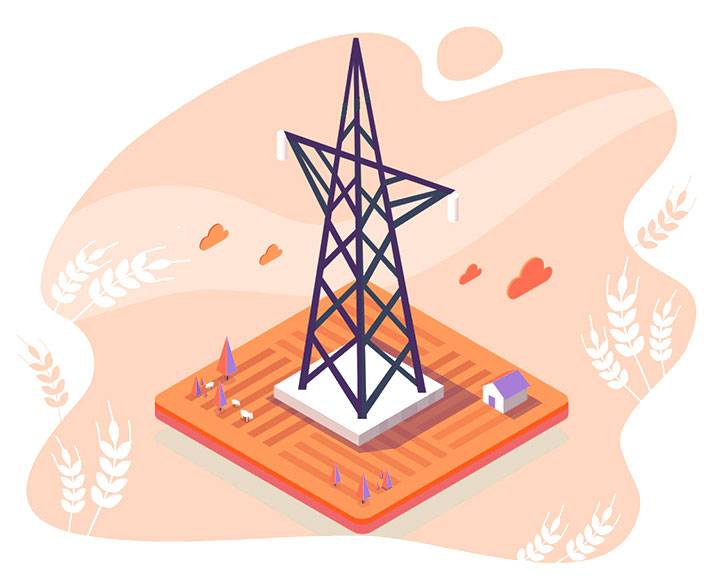
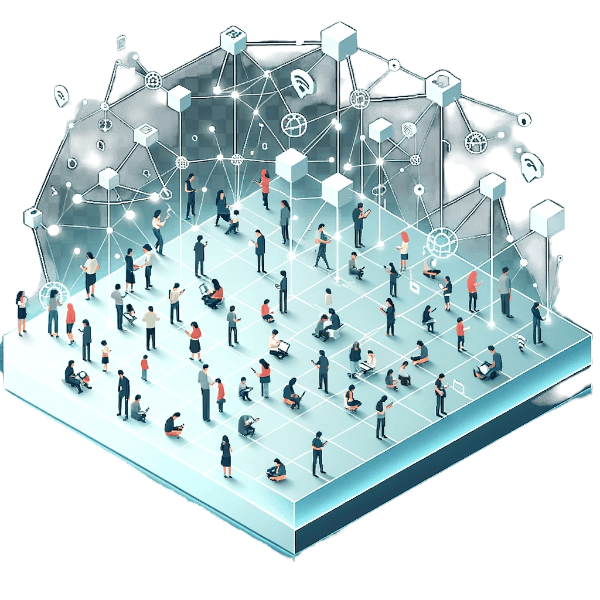
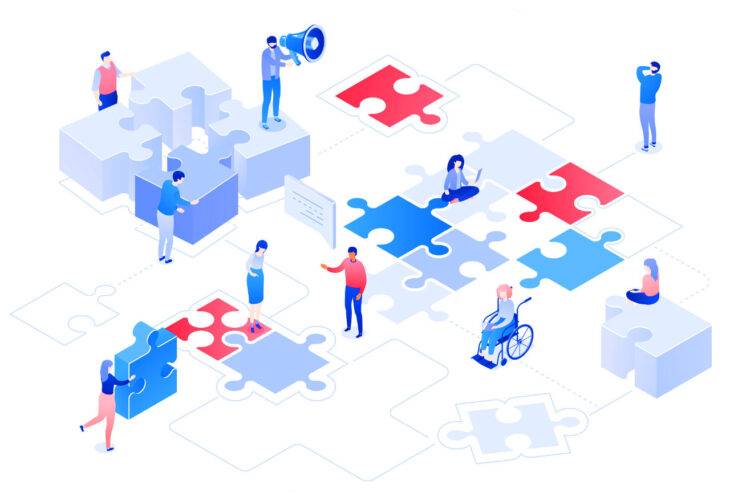
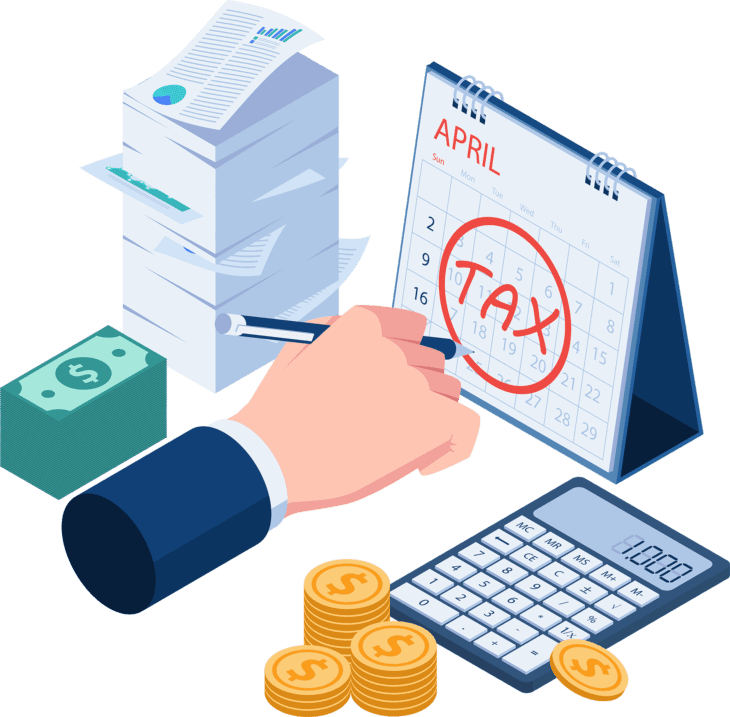

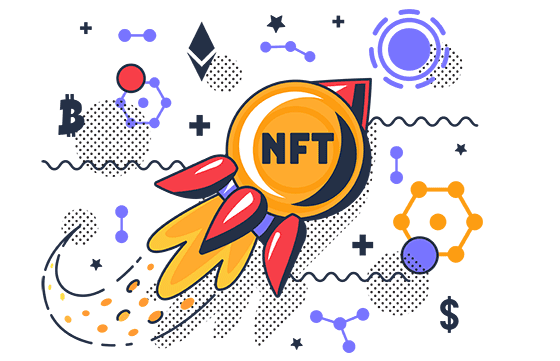
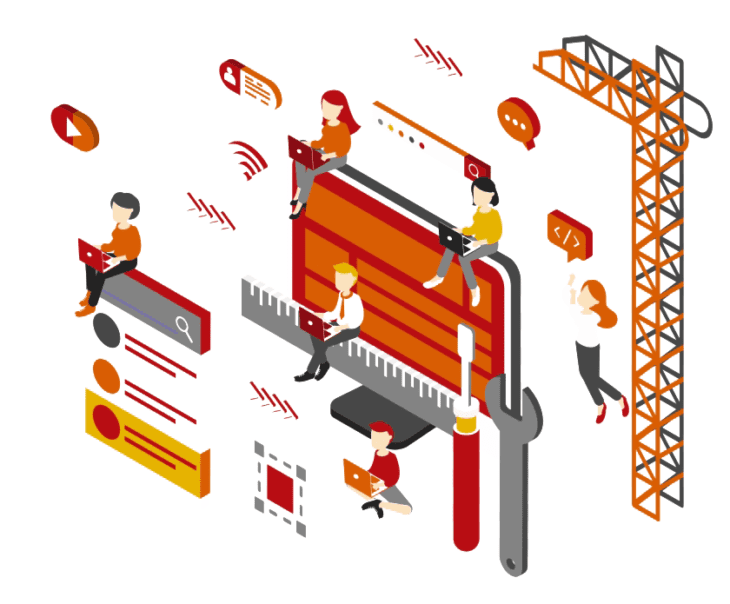
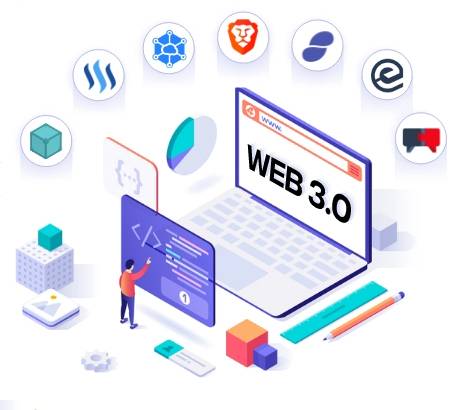
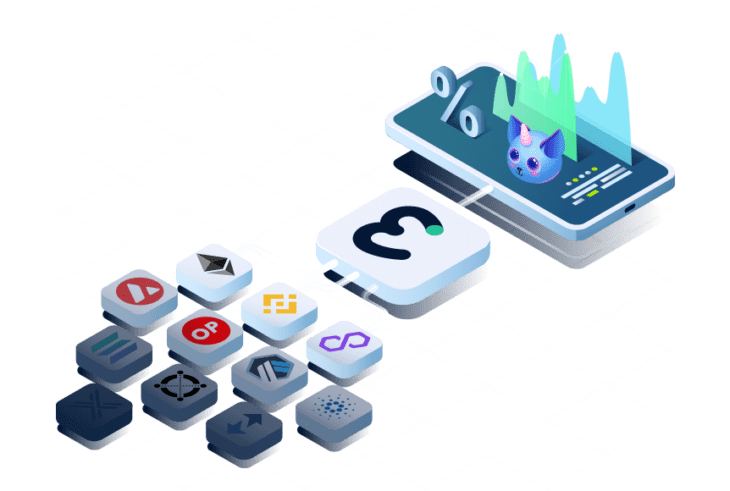
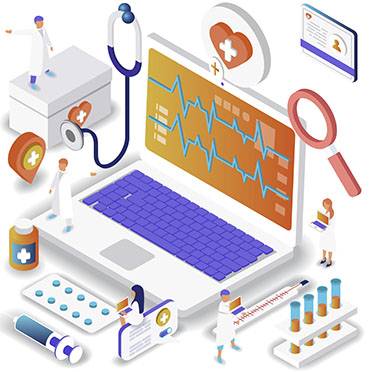

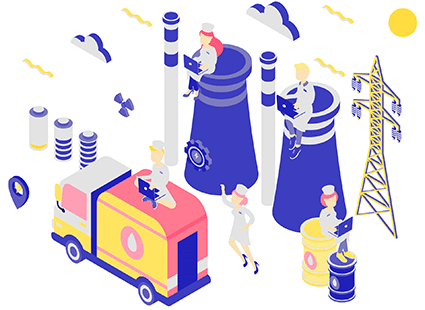

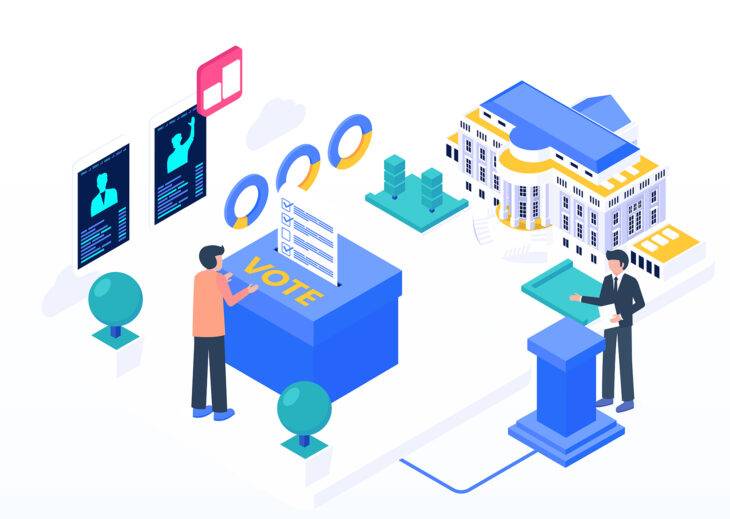

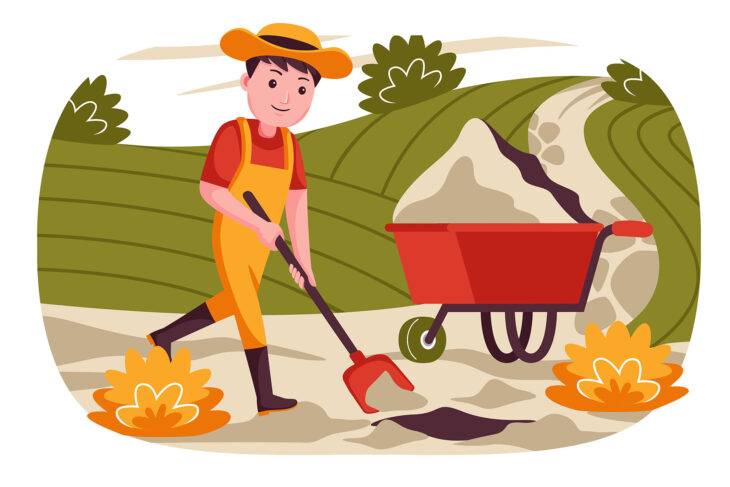
[…] Link to part 1 […]